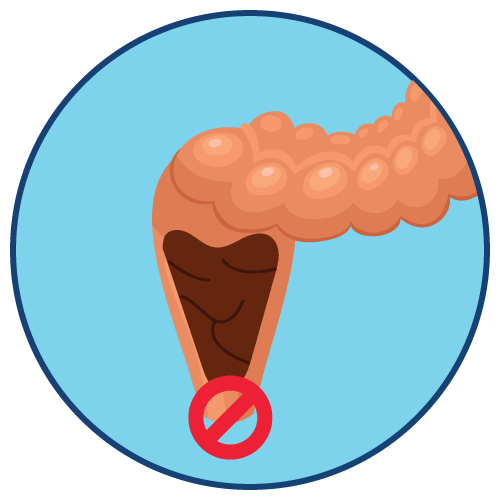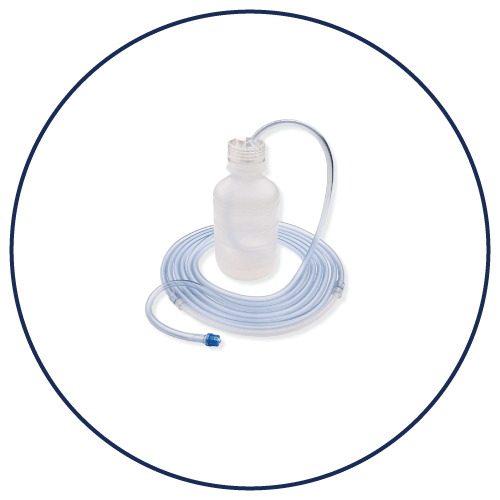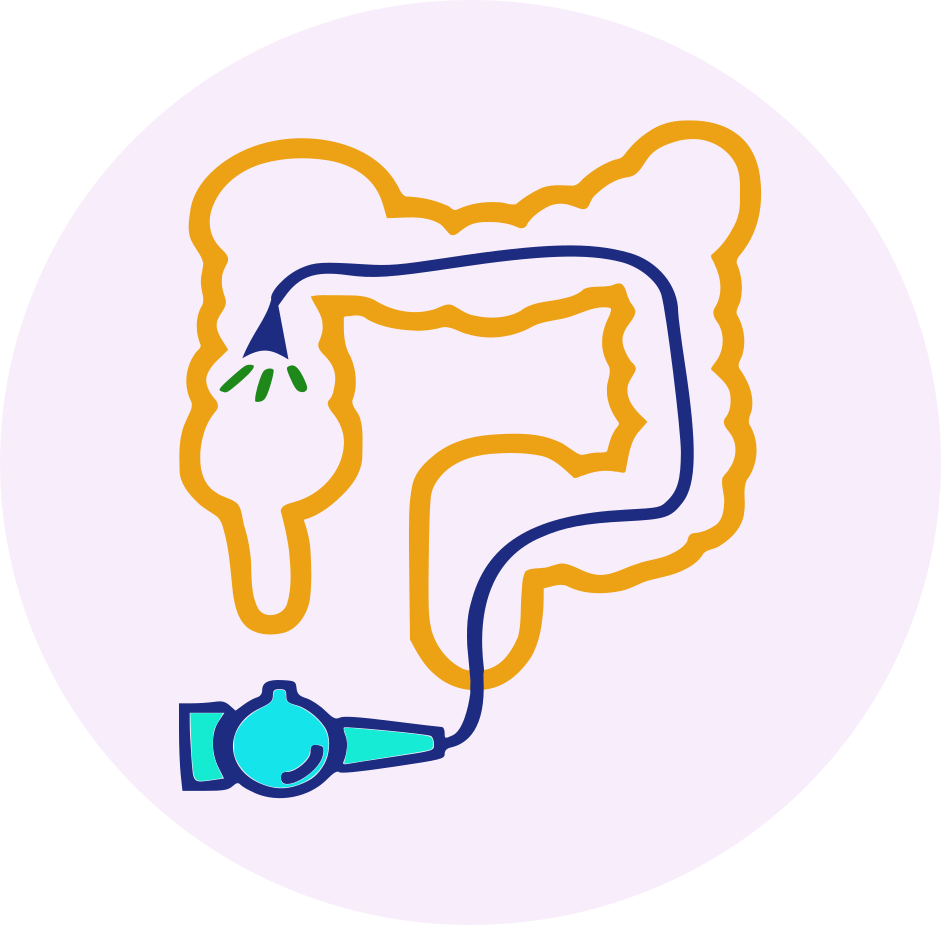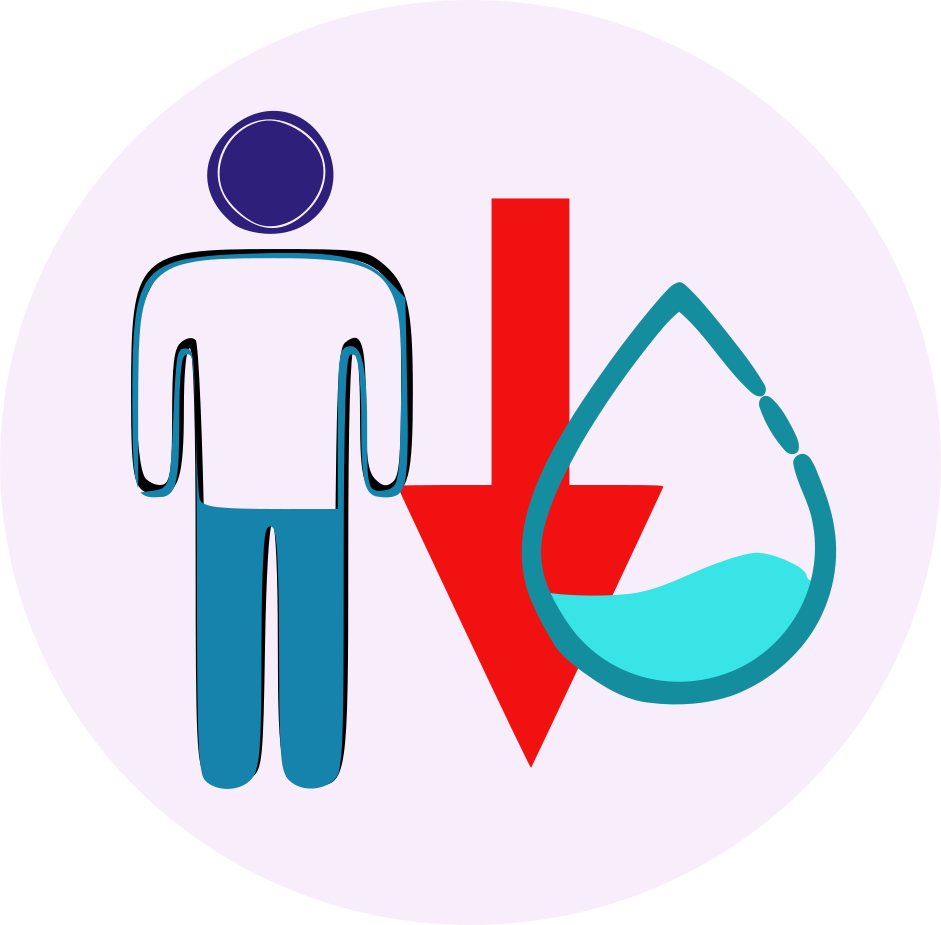| Name | Disodium Hydrogen Phosphate Dodecahydrate |
| Classes |
Gastrointestinal Agent Laxatives |
| Diseases |
Disodium Hydrogen Phosphate Dodecahydrate
Disodium Hydrogen Phosphate Dodecahydrate, also known as disodium phosphate, is an inorganic compound classified as a phosphate laxative and a saline laxative. Disodium Hydrogen Phosphate Dodecahydrate works by drawing water into the bowel, softening the stool, and stimulating bowel movements. It increases fluid retention in the colon, resulting in increased intestinal motility and evacuation.
- Disodium Hydrogen Phosphate Dodecahydrate is indicated for the relief of occasional constipation and to cleanse the bowel before medical procedures or surgeries.
- It may be used as a short-term solution for bowel evacuation in patients who are preparing for colonoscopy or other diagnostic procedures.
- The dosage and administration of Disodium Hydrogen Phosphate Dodecahydrate may vary depending on the specific product, patient age, and medical condition.
- It is available in various forms, including oral solutions, tablets, or powders for reconstitution.
- The recommended dosage and administration instructions should be followed as directed by a healthcare professional.
Adverse reactions associated with Disodium Hydrogen Phosphate Dodecahydrate are generally uncommon. The following adverse reactions have been reported:
- Abdominal discomfort or cramping
- Nausea or vomiting
- Diarrhea or loose stools
- Dehydration or electrolyte imbalances, particularly with excessive or prolonged use
- Disodium Hydrogen Phosphate Dodecahydrate should be used with caution in patients with impaired renal function, electrolyte imbalances, or conditions that may increase the risk of dehydration.
- Excessive or prolonged use of Disodium Hydrogen Phosphate Dodecahydrate can lead to electrolyte imbalances, dehydration, and kidney damage. It should not be used for long-term or chronic constipation.
- Patients with a history of gastrointestinal obstruction, severe inflammatory bowel disease, or perforation should avoid using Disodium Hydrogen Phosphate Dodecahydrate.
- It is important to maintain adequate hydration during and after the use of Disodium Hydrogen Phosphate Dodecahydrate to prevent dehydration and electrolyte disturbances.
- Elderly patients, children, and individuals with certain medical conditions may be more susceptible to adverse effects and should be closely monitored during treatment.
- Rare reports of acute phosphate nephropathy with oral sodium phosphate products used for colon cleansing before colonoscopy
- Some cases have resulted in permanent renal function impairment requiring long-term hemodialysis
- Risk factors for acute phosphate nephropathy include age over 55 years, low blood volume (hypovolemia), baseline kidney disease, bowel obstruction, active colitis, and those using medicines that affect renal perfusion or function [e.g., diuretics, angiotensin converting enzyme (ACE) inhibitors, angiotensin receptor blockers (ARBs), nonsteroidal anti-inflammatory drugs (NSAIDs)]
- Carefully follow dosing regimen as recommended (p.m./a.m. split dose) with adequate hydration.
Contraindication
None known.
None known.
None known.
 Bangla
Bangla English
English





